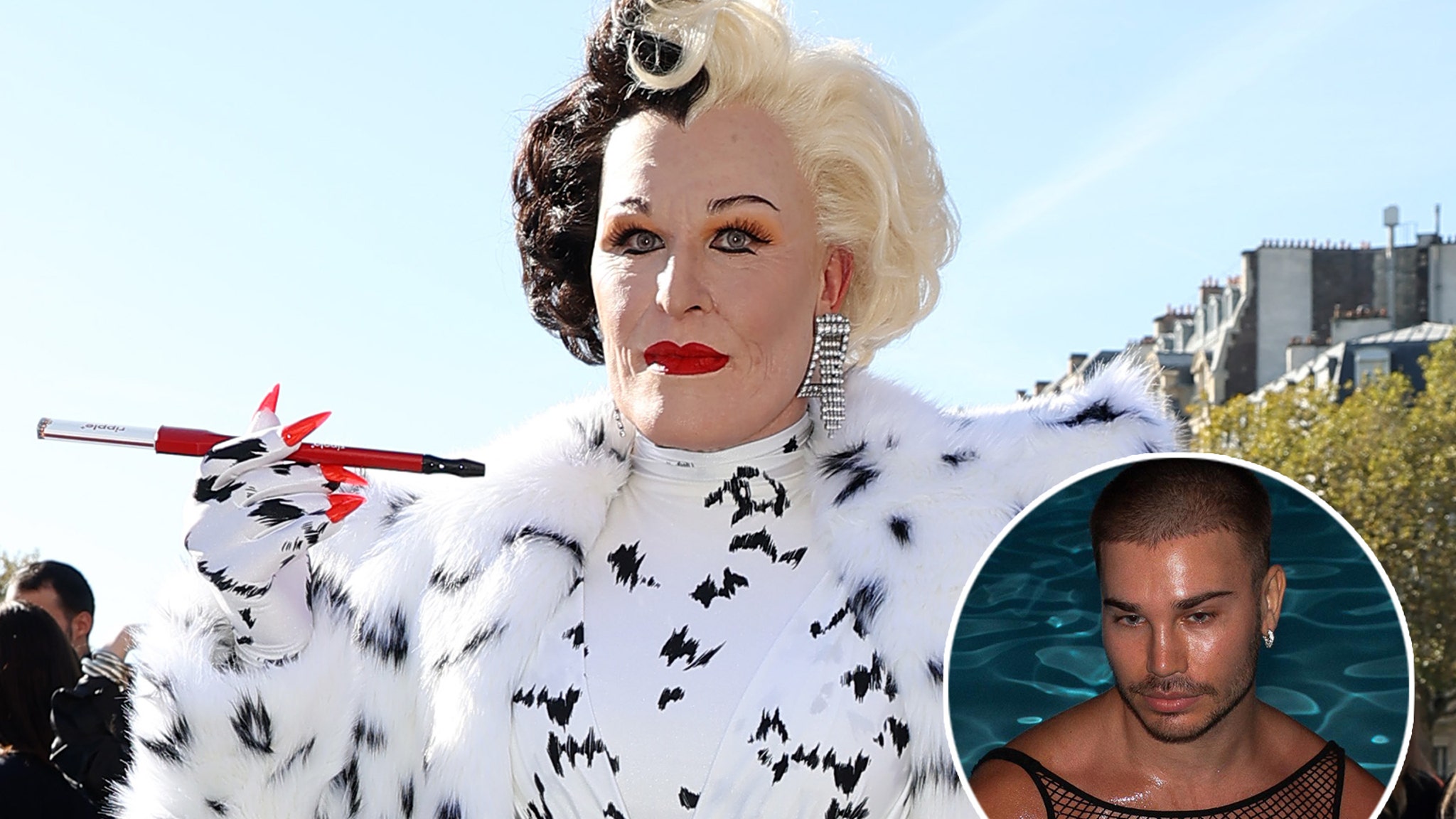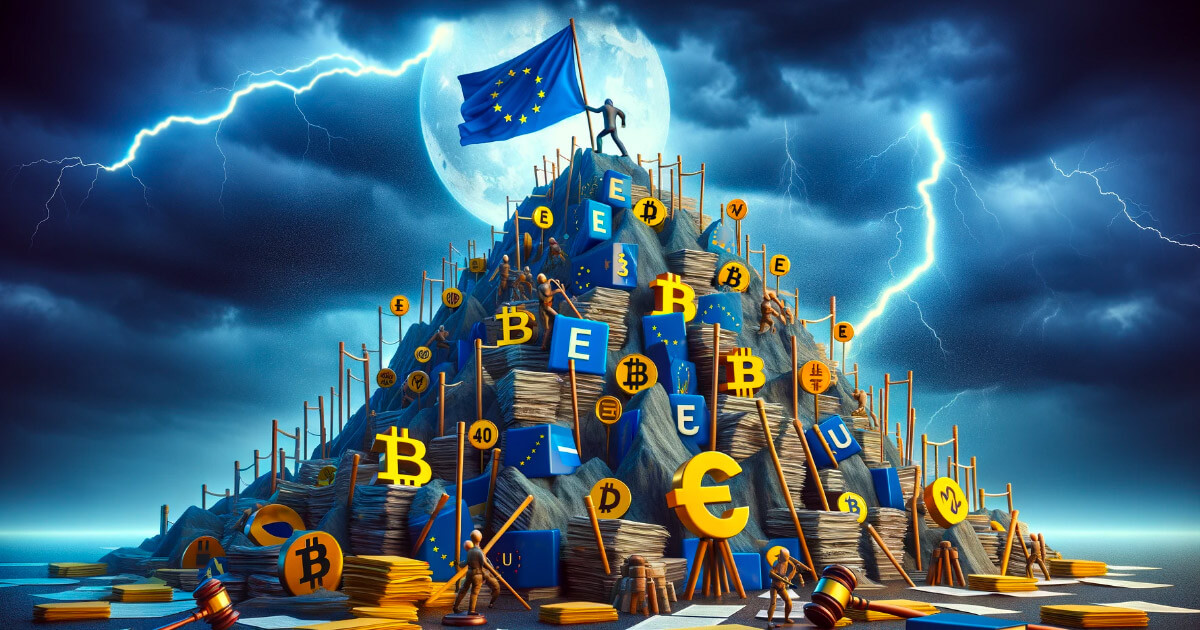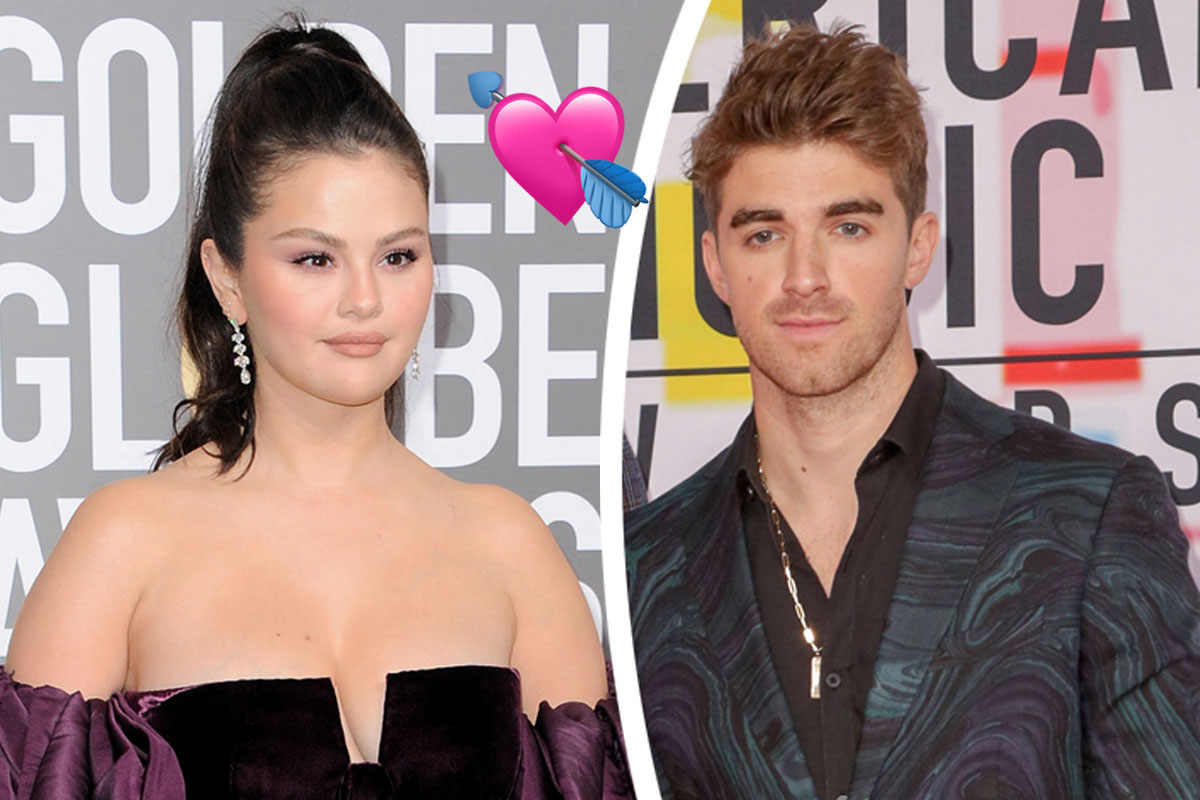For the last two years we’ve seen slogans such as “Long live Nathuram Godse” trend on social media on the birth anniversary of Mahatma Gandhi. It may repeat today as well. But does it matter? Was Gandhi a hero or a villain? Is he relevant today? These questions have been debated thousands of times since his assassination. Still, arguments and counter-arguments continue. And these ideological duels are an enduring testimony to the strength of Mohandas. He continues to stay alive in our thoughts.
Gandhi may have been born in India and for India, but it was South Africa that shaped the Mahatma. Late on 7 June 1893, he was rudely pushed off a train at Pietermaritzburg station. This gave rise to a new Mohandas. His resolve to fight imperialist ideology and excesses strengthened that night and it laid the foundation for Gandhian philosophy.
In 1997, I got an opportunity to meet Nelson Mandela as part of then prime minister Inder Kumar Gujral’s visit to South Africa. Our generation had never met Gandhi, but the man whom the Mahatma had deeply inspired was standing before us.
But while Gandhi never eyed power after Independence, Mandela chose to become South Africa’s president. However, Mandela implemented the policies of inclusion that Bapu professed. During Mandela’s regime, every racial group—be it black Africans, whites or South Africans of Indian descent—enjoyed equal status. That is why he could take his nation on the path of progress instead of disintegration.
Bapu has faced bitter criticism on many issues, including Partition. But his critics forget that no decision can prove to be the right decision for perpetuity.
Take the Bolshevik Revolution of 1917, for example. Lenin was then popularly perceived as an apostle of change. He was the founder of the all-powerful Soviet Union. But in 1991, Soviet Union disintegrated. Does this mean Lenin’s dream of equality for everybody was flawed?
Let’s come back to Gandhi. Fact is that he went to the Boer War to help the wounded, not the British. Similarly, Indians fought in World War I and II not as Indian citizens, but as members of the British armed forces. Gandhi tried to extract concessions for India considering the participation in a logical and rational manner. He wasn’t completely successful but he helped the voices of subjugated people to be heard in a world trampled by colonialism.
So firm was Gandhi in his beliefs that he didn’t even hesitate to ask for forgiveness for the killers of the Jallianwala Bagh massacre. It isn’t easy to go against the popular opinion and express your views in public meetings without requisite security. But Gandhi remained firm.
These days, even small-time politicians travel with an elaborate security entourage and change their colours like a chameleon the moment they see a TV camera. But Gandhi never compromised on his principles and stuck to his convictions even at the cost of his life.
Ten days before his assassination, on 30 January 1948, the Mahatma was also the target of a bomb attack. Vallabhbhai Patel, the then home minister, requested permission to tighten the Mahatma’s security and urged him to modify his routine on the advice of his security officers. But Bapu didn’t listen to this advice.
Another fact is that Nathuram Godse, the man who killed the Mahatma, didn’t hate him personally. He never used derogatory words against Gandhi during his hearing. Godse’s younger brother Gopal was also an accused in the Gandhi assassination case. After his release, he visited me twice at Agra. In our long conversation that lasted several hours and two rounds, Gopal reiterated: “Humne Gandhi ji ki hatya nahin,unka vadh kiya tha (We didn’t murder Gandhi. We assassinated him).”
I could never digest his justification, but Gopal wasn’t a person who got easily agitated. Years of imprisonment had given him reservoirs of mental resilience. Today, when I look back and analyze what he said three decades ago, apart from absolute disagreement, one phrase that keeps recurring is: ideology.
Gandhi and Godse represented disparate ideologies. Had the Father of the Nation departed due to ill-health or any other cause a few years earlier, he would still have been as revered as Mahatma. But his murder brought Godse into the public eye. This fundamental difference between Godse and Gandhi will remain forever.
Shashi Shekhar is editor-in-chief, Hindustan. Views are personal.
“Exciting news! Mint is now on WhatsApp Channels 🚀 Subscribe today by clicking the link and stay updated with the latest financial insights!” Click here!
Download The Mint News App to get Daily Market Updates.
More
Less
Updated: 01 Oct 2023, 10:31 PM IST
















